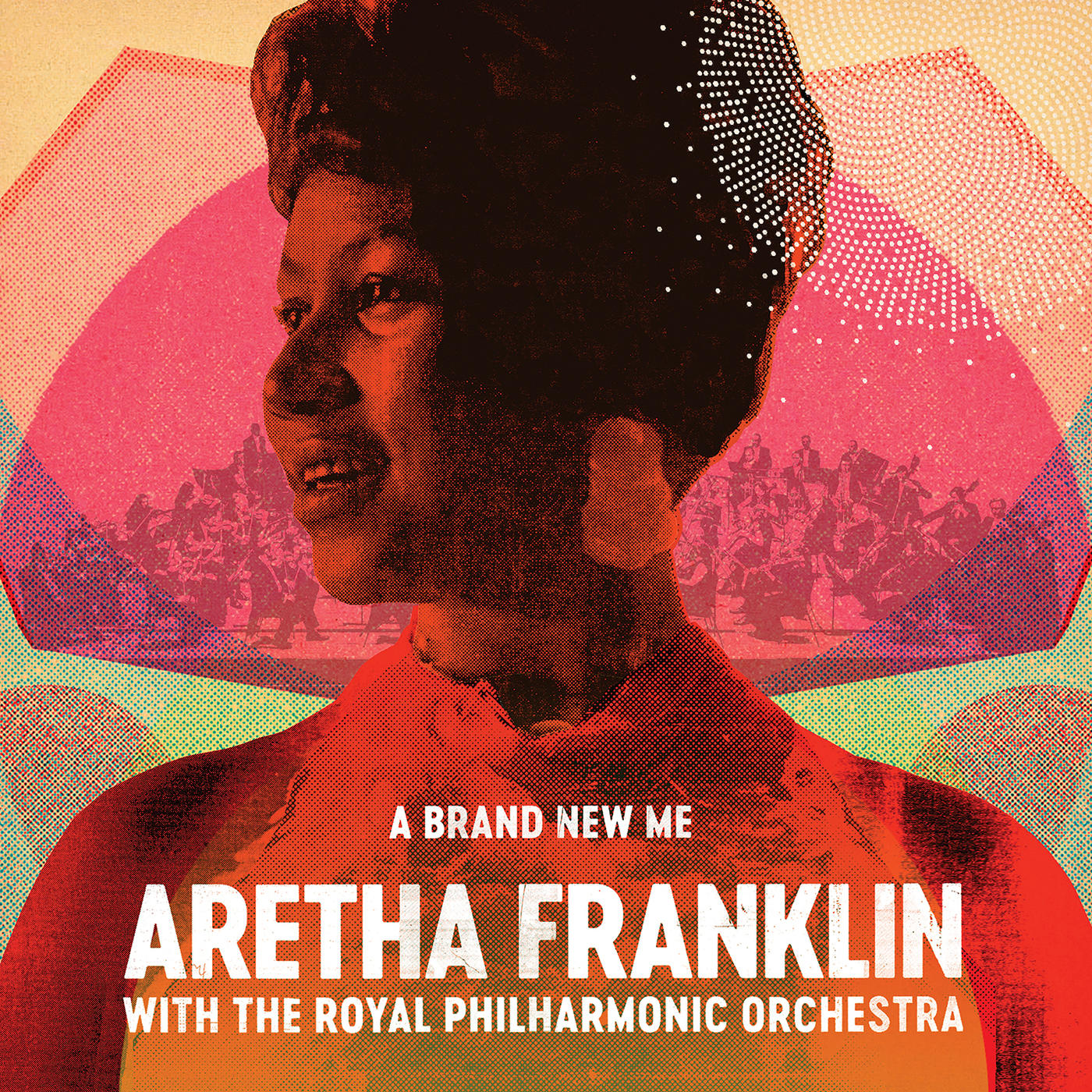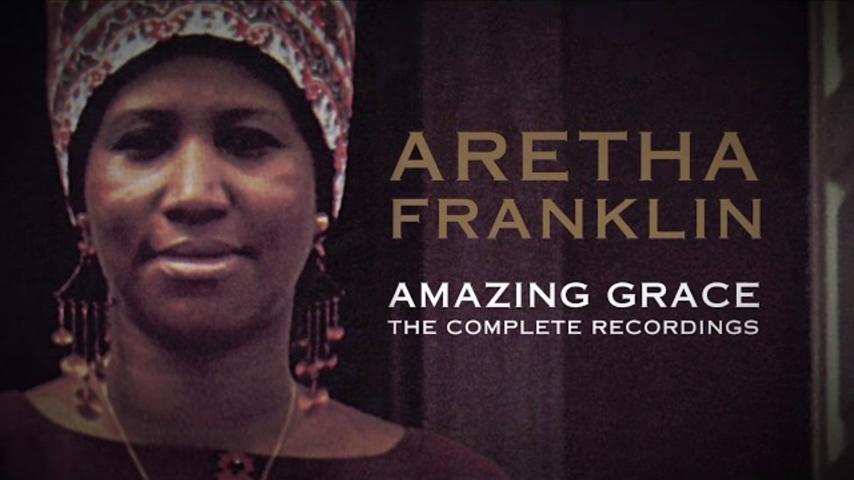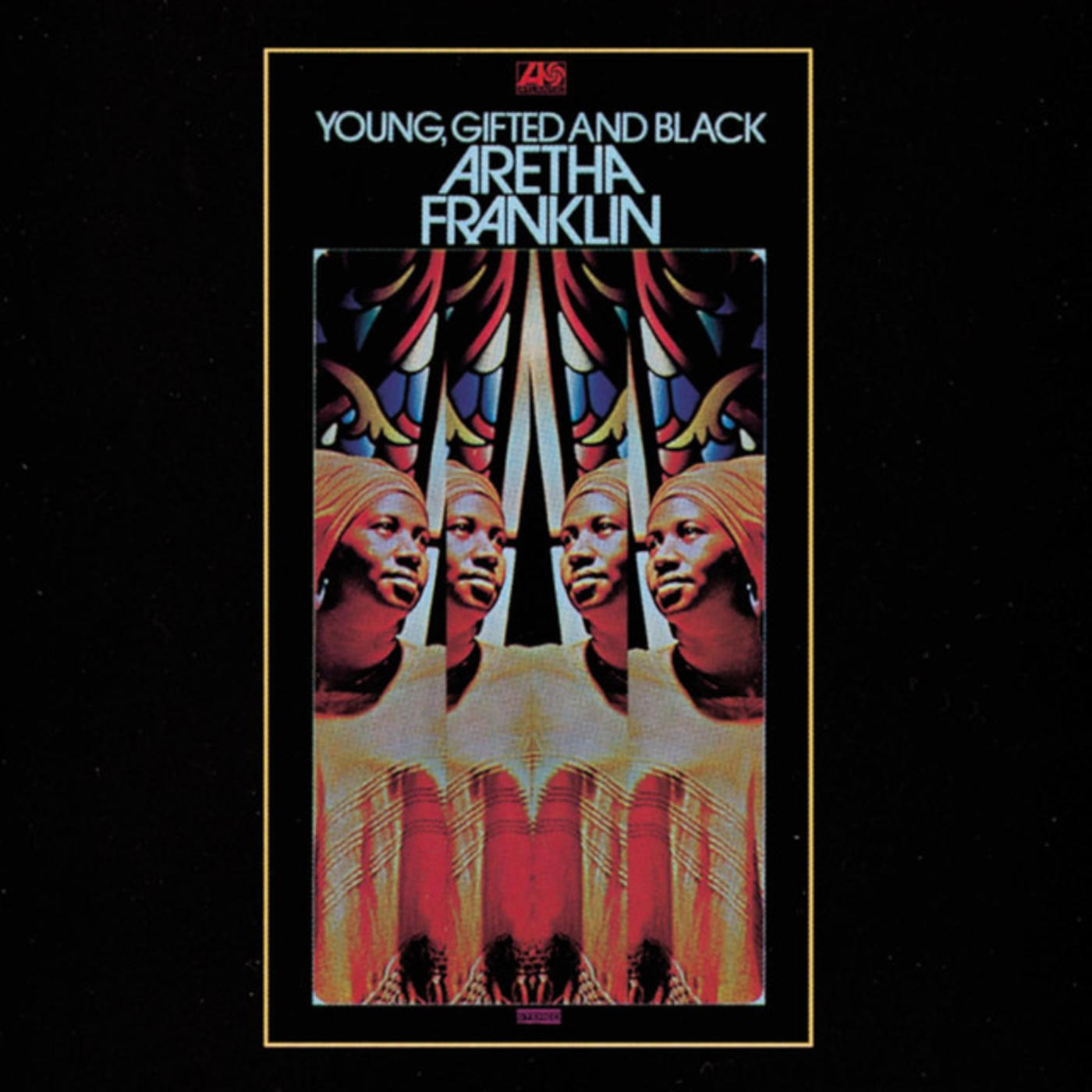Essential Atlantic: Aretha Franklin, LET ME IN YOUR LIFE

While she might have been twenty studio albums into her storied career, Aretha Franklin was sounding more refreshed than ever with the release of Let Me In Your Life. The already-legendary singer was following a greatest hits collection released in 1973, and was ready to return with new studio material.
Among the collaborators on this new material: Donny Hathaway, who contributed keyboards and pianos on six tracks. Bass legend Stanley Clarke laid down grooves on no less than four songs. Cissy Houston, Bob James, and Bernard Purdie were also among the luminaries who worked on the LP.
The Let Me In Your Life campaign kicked off with lead single, "Until You Come Back to Me (That's What I'm Gonna Do)," released in November 1973. Written and originally recorded by Stevie Wonder in 1967, Franklin's take on the tune would top the R&B charts, and peak at #3 on the Hot 100 over the week of February 23, 1974. The #1 song in America that week: Barbra Streisand's "The Way We Were."
It was February 25, 1974, when Aretha Franklin released Let Me In Your Life. The LP was an immediate success, reaching #14 on the Billboard 200 chart over the week of May 11, 1974. Over the week of May 18, 1974, the album peaked at #1 on the R&B Albums chart.
The second single from the LP was a version of Bobby Womack's "I'm in Love." Franklin's sublime take on the tune was a genre-defying hit, topping the R&B singles chart for two weeks, and peaking at #19 on the Hot 100 on June 1, 1974. For the third single, Franklin radically remade Marvin Gaye and Tammi Terrell's "Ain't Nothing Like the Real Thing." Her slowed-down and soulful version came close to cracking the top 40, peaking at #47 on the Hot 100 in September 1974. It also scored the singer her 8th Grammy, this one for Best Female R&B Vocal Performance.
Franklin closed Let Me In Your Life with her impassioned version of Leon Russell's "A Song for You," a tune none less than Elton John has called an American classic.



